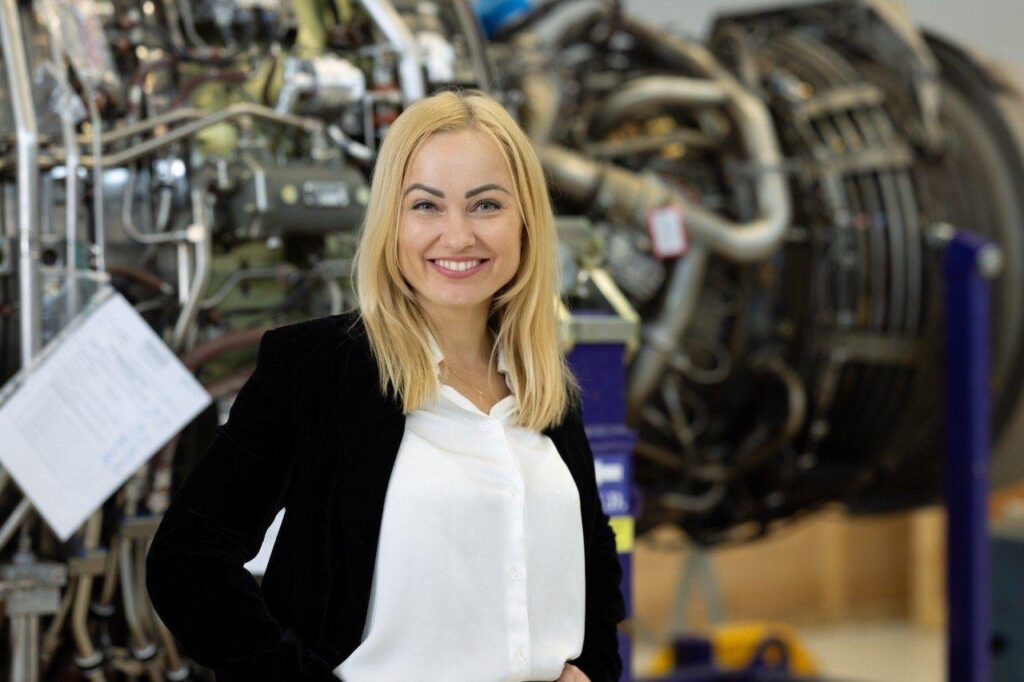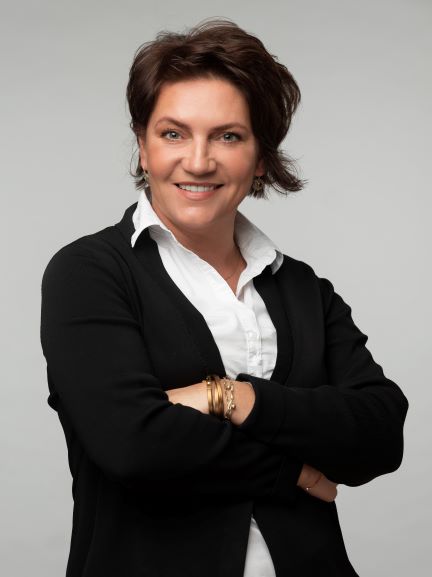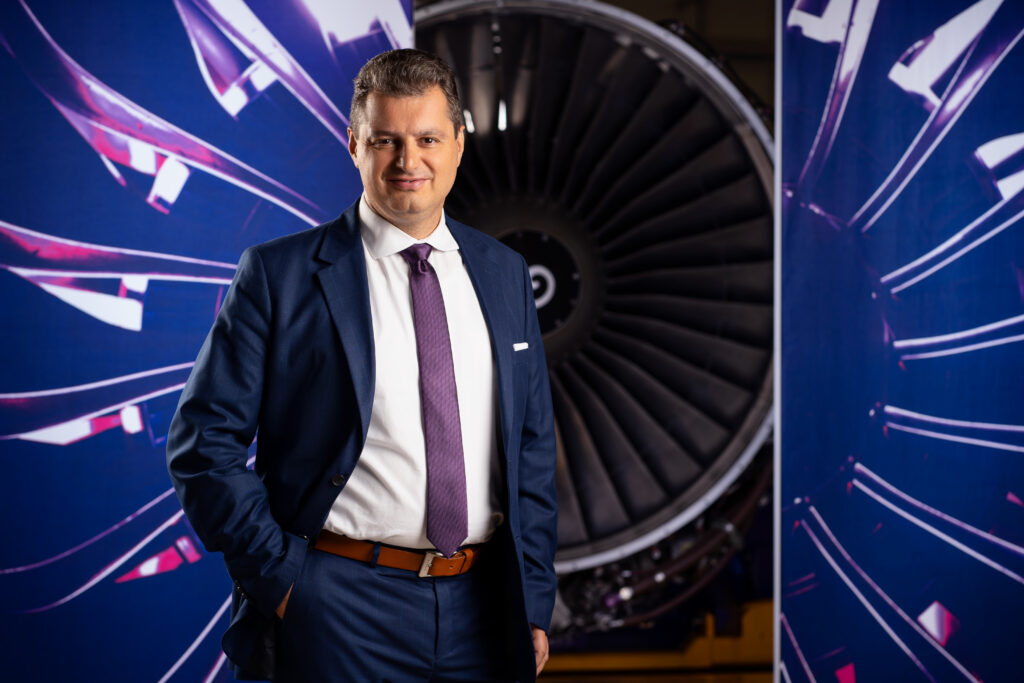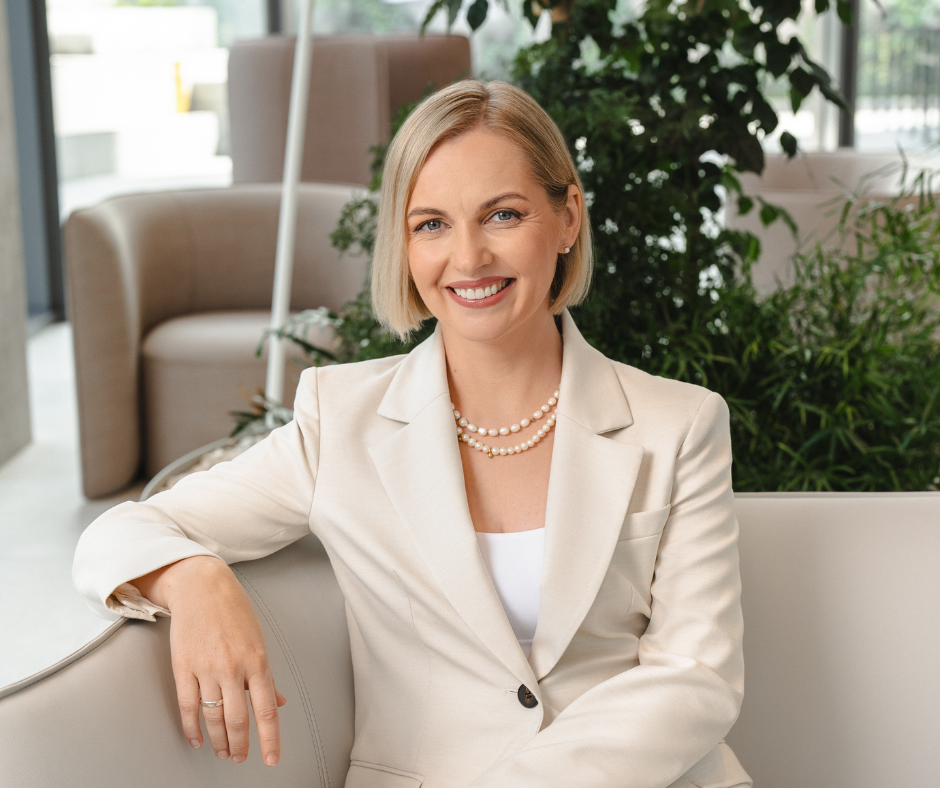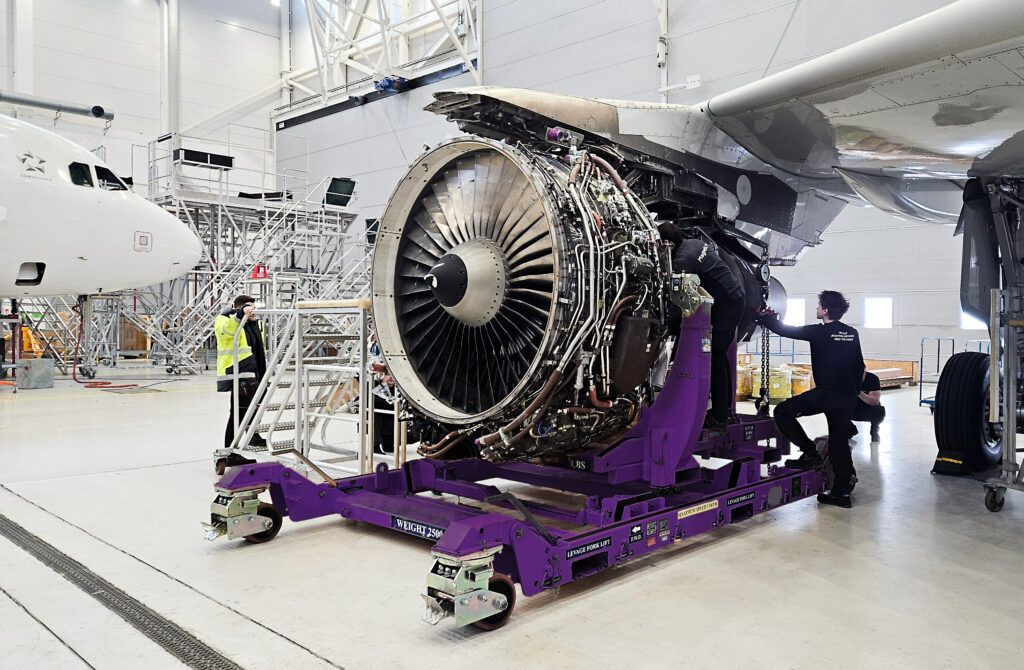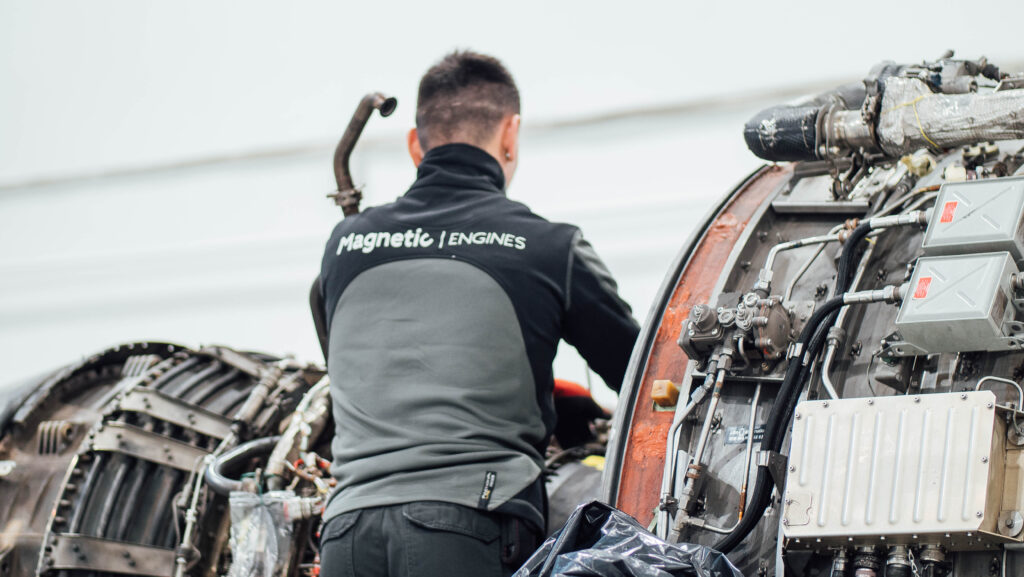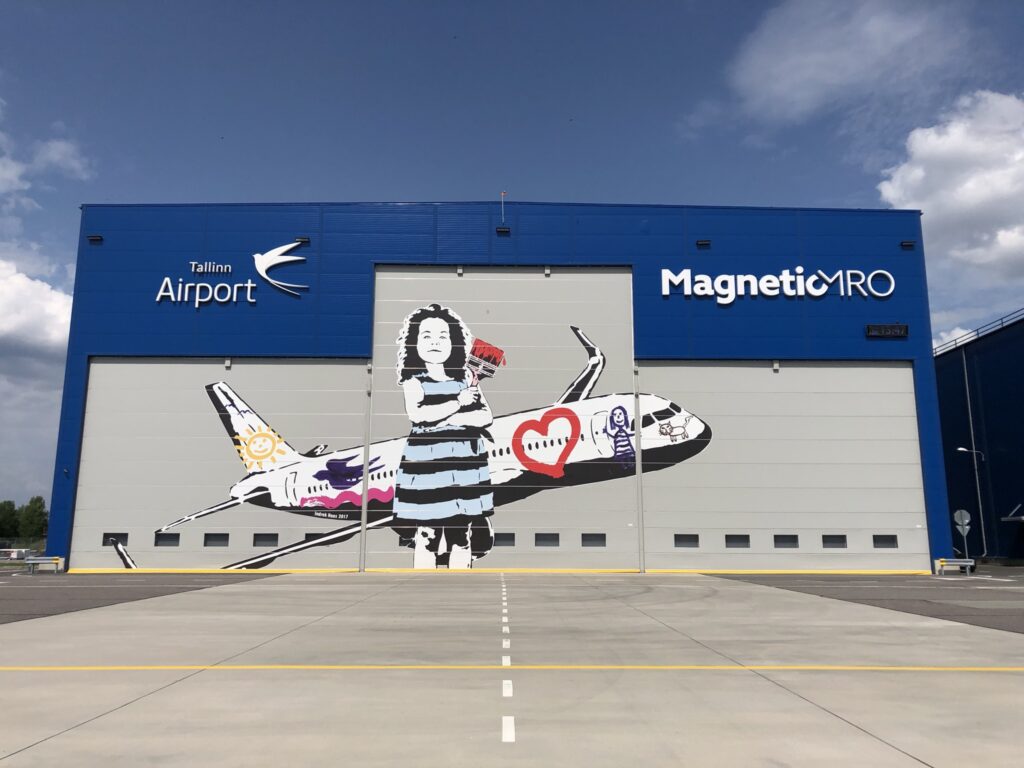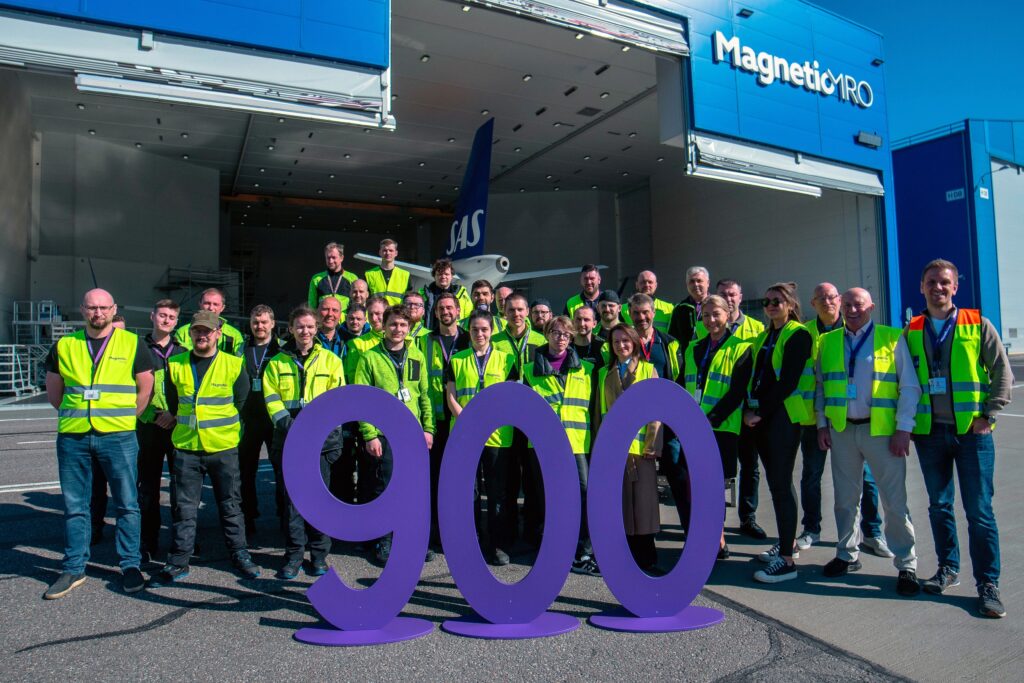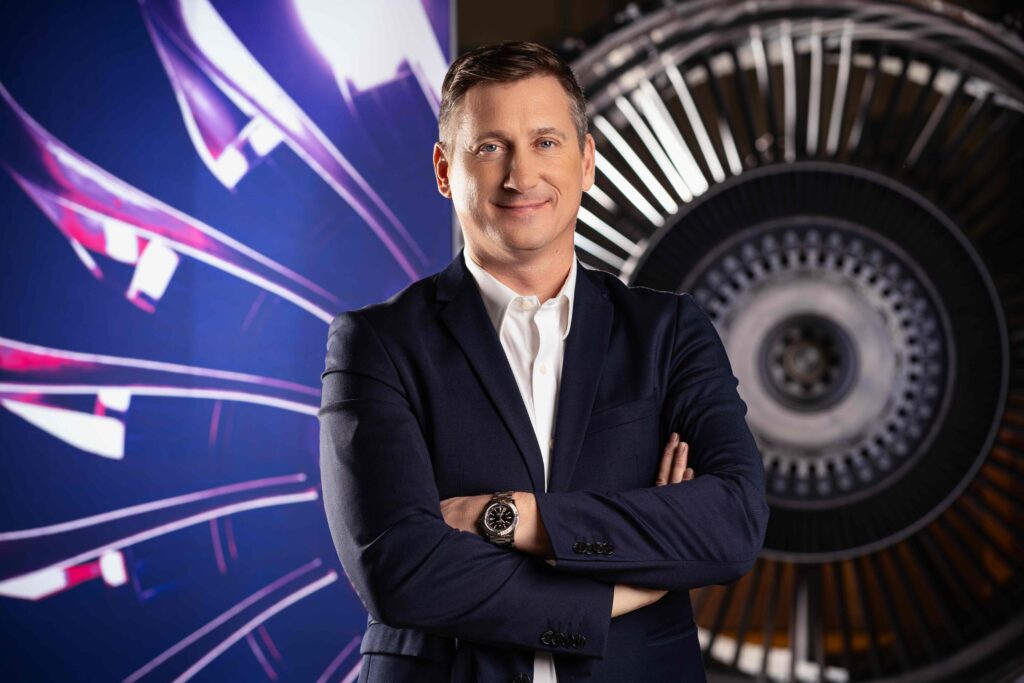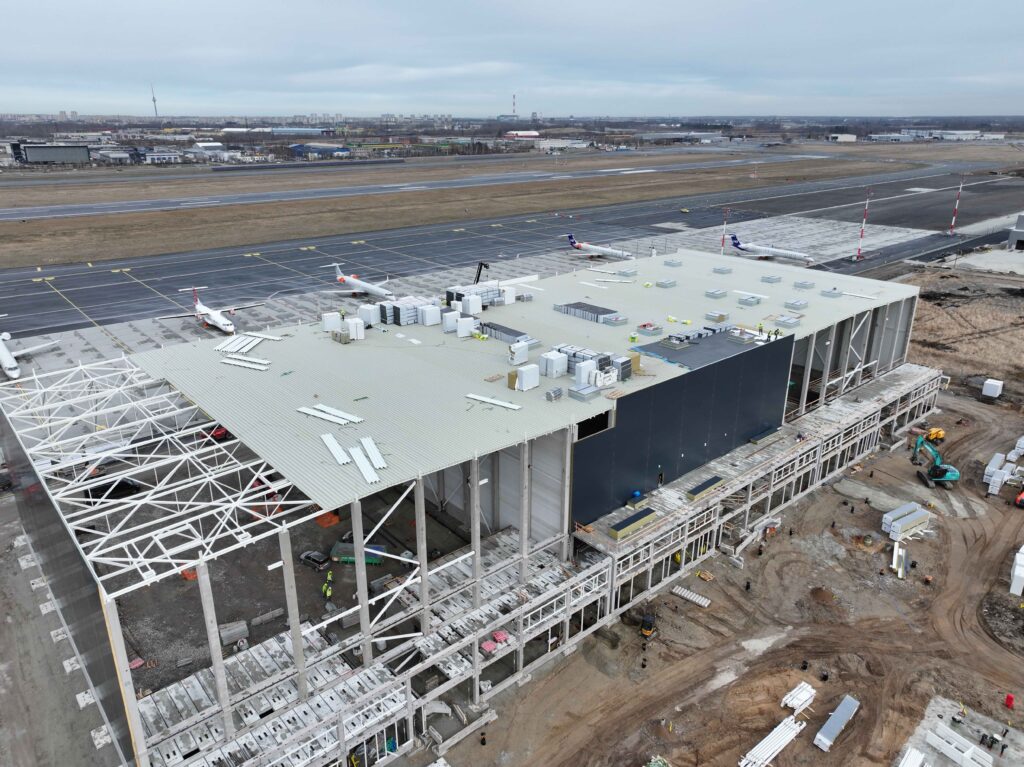Apprentice Interview: Viktoria Viil

Apprenticeship for many future aviation professionals is a great kick-off of the lifelong journey – and Viktoria Viil has started her journey with Magnetic MRO! She has been learning hands-on for a year already and is ready to share her experience about the challenges and opportunities at the start of her career.
Laura Käis: Viktoria, happy to have this opportunity to learn more about your experience. Let's start with you telling us all for how long have you been in Magnetic MRO Apprenticeship program and how many years are left? In your opinion, what are the main advantages of this study?
Viktoria Viil: I started about one year ago in September 2019 when I have completed the Apprenticeship training which is required for every new mechanic in the industry to understand how an MRO works, what are the company procedures and safe working methods, and so on.
But this was only the beginning of a lifelong journey in the industry. After the first training, the company offered an opportunity to also gain an education in the Estonian Aviation Academy and to eventually qualify for the EASA Part 66 licenses. Studying in the EAVA vocational study program is probably the most efficient way of learning and training specialists for the job. Compared to other common study programs in universities, often a working student might need to make sacrifices to cope with both work and studies. Here, the academic timetable is negotiated between the academy and the company and the student gets paid for studying! Also, the student and the company both have a clear vision of the desired outcome of the program. All of this makes studying highly efficient and keeps motivation at its peak! We have students with different technical backgrounds in the group, although new to aviation, work towards the same goals.
I feel this is a strong kick-off to my new career in the field. If you are willing to go for the challenges, Magnetic MRO definitely gives wind to your wings!
LK: We had a short interview with you in spring – but many things have changed since then! How many courses have you completed since then? What are your near-future plans?
VV: Since April I have completed 2 semesters with EAVA: in total, it sums up to 8 EASA modules, practical sheet metal training and entrepreneurship education. In aviation, the emphasis is on riveting, so that was also the main target and skill to gain in the sheet metal training.
The near future is all about taking maximum out of the high season as there are no theoretical studies during the mid-high season. The students of EAVA must keep a logbook and are required to perform all the practical tasks assigned by EAVA and also keep a record of our work experience each day – and so I am ready to make the most of it.
LK: How did COVID-19 situation affect your work and studies? What are your emotions with all the crisis?
VV: The workload has certainly been lower since the pandemic. Also, lectures moved to the online platform, and like many, we had to learn to adapt to it too.
All this situation has affected aviation, and while other industries seem to be recovering and adapting to the new situation, aviation is still under a lot of stress. But I am trying to stay positive, and I am sure the aviation industry will survive. And we have to play our part in it – even by small steps, just like by all wearing masks, which is be a small sacrifice to take, we all can help at least a bit to save each other and also increase our chances of sooner returning to normal life.
LK: Let's talk about other challenges. Aviation is still male-dominated industry – how do you feel being one of the few female mechanics?
VV: To be honest, although there are only a few of female mechanics on our team, we all have joined because of the reason – aviation is our genuine passion. And this applies, actually, for both male and female mechanics at the company, so we all treat each other in the same way.
However, I see some advantages! Since a mechanic is often required to work in areas of the aircraft where space is very limited, I would actually consider my small hands to be very useful (laughs).




